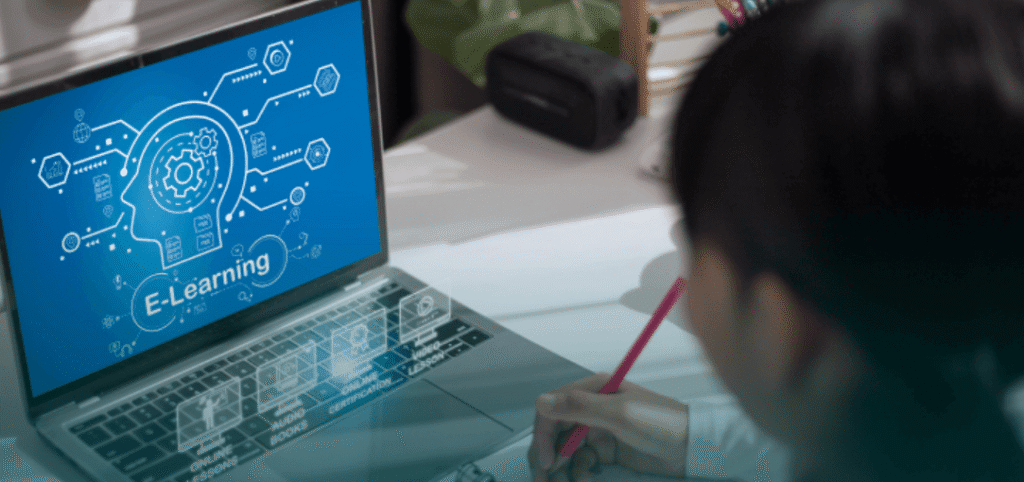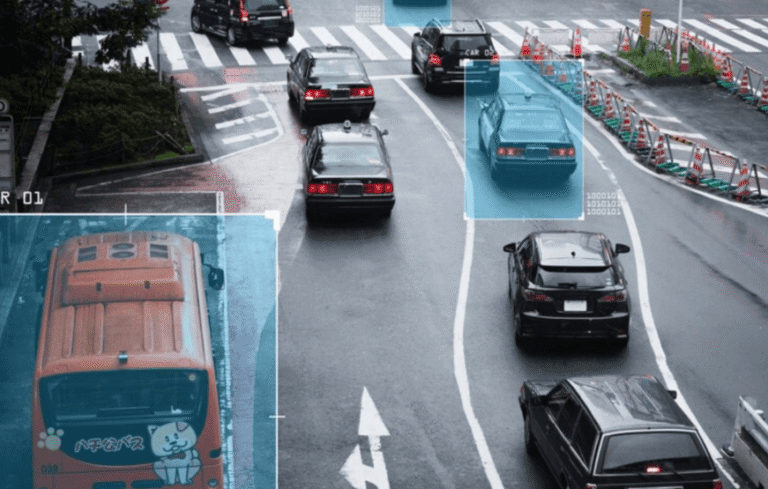Emerging technologies are fundamentally altering the landscape of education. Innovations like artificial intelligence, virtual reality, and data analytics are paving the way for personalized learning experiences and immersive environments. These advancements invite a closer examination of how they can enhance engagement and accessibility. As traditional paradigms shift, questions arise about their long-term implications for educators and students. What does this mean for the future of teaching and learning?
The Role of Artificial Intelligence in Personalized Learning
As educational institutions increasingly integrate technology into their curricula, artificial intelligence (AI) emerges as a transformative force in personalized learning.
AI enhances adaptive assessments that tailor educational experiences to individual needs, fostering a deeper engagement.
Intelligent tutoring systems facilitate real-time feedback and support, creating collaborative learning environments.
This innovative approach empowers learners, granting them the freedom to explore knowledge at their own pace and style.
See also: How Digital Twins Are Transforming Industries Like Manufacturing and Healthcare
Virtual Reality: Transforming Immersive Learning Experiences
Immersion is a powerful catalyst for deeper learning, and virtual reality (VR) is poised to revolutionize educational experiences by transporting students into dynamic, interactive environments.
Online Learning Platforms: Expanding Access and Flexibility
While traditional classroom settings have long been the cornerstone of education, online learning platforms are redefining the landscape by providing unprecedented access and flexibility.
These platforms facilitate adaptive learning, tailoring experiences to individual needs. With mobile accessibility, learners can engage with educational content anytime, anywhere, fostering a sense of autonomy and empowerment.
This evolution invites collaboration, allowing diverse voices to contribute to the educational discourse.
The Impact of Data Analytics on Educational Outcomes
Data analytics has emerged as a transformative force in education, enabling institutions to harness vast amounts of information for enhancing student outcomes.
By utilizing predictive analytics, educators can make data-informed decisions that tailor learning experiences to individual needs.
This collaborative approach not only empowers students but also fosters an environment where freedom to learn is prioritized, ultimately driving academic success and personal growth.
Conclusion
As the saying goes, “the pen is mightier than the sword,” and in the realm of education, emerging technologies wield a powerful influence. By harnessing artificial intelligence, virtual reality, and data analytics, the educational landscape transforms into a dynamic arena for personalized and immersive learning. These innovations not only enhance accessibility and engagement but also foster collaboration among diverse learners. Ultimately, they pave the way for a more inclusive and effective educational experience, redefining the future of learning for all.



